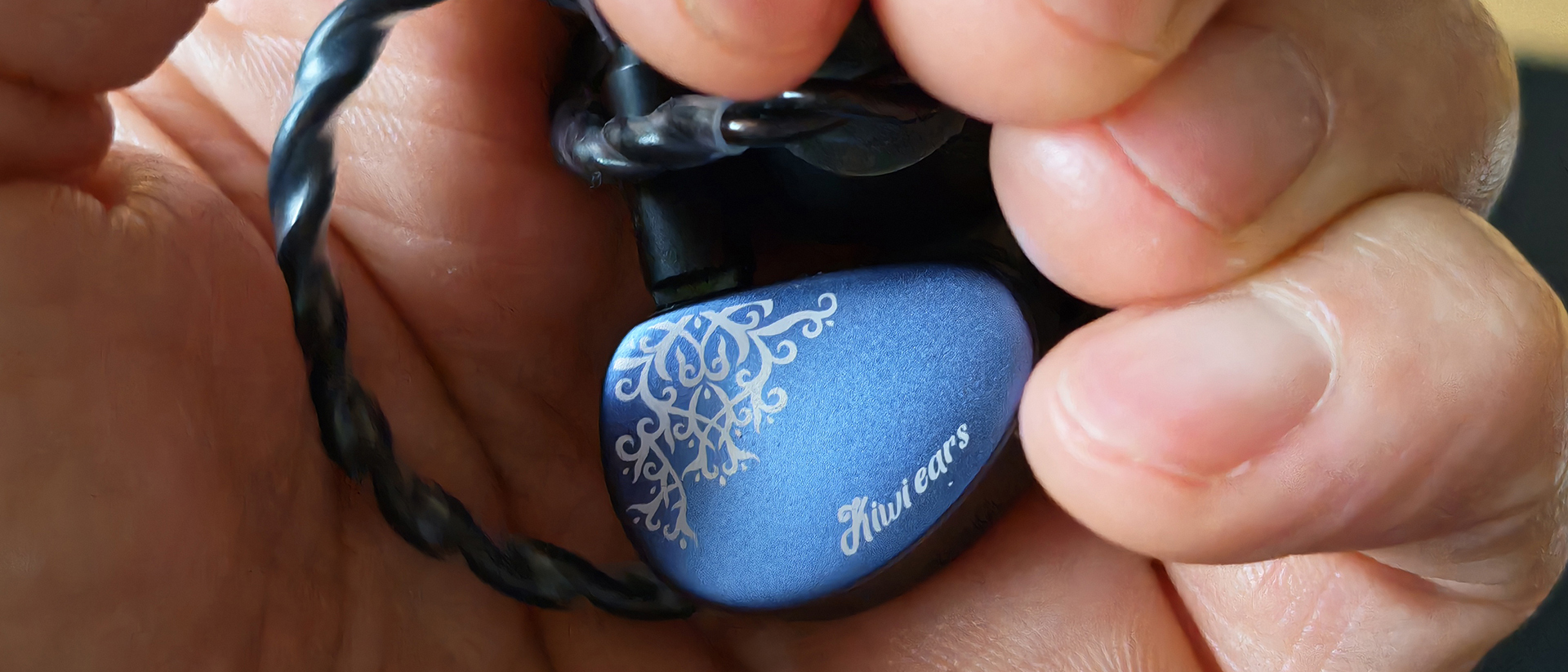"Great work is not good enough to survive": A day in the life of TEMPLO co-founder Pali Palavathanan
We chat to the creative director and co-founder about running his own agency.
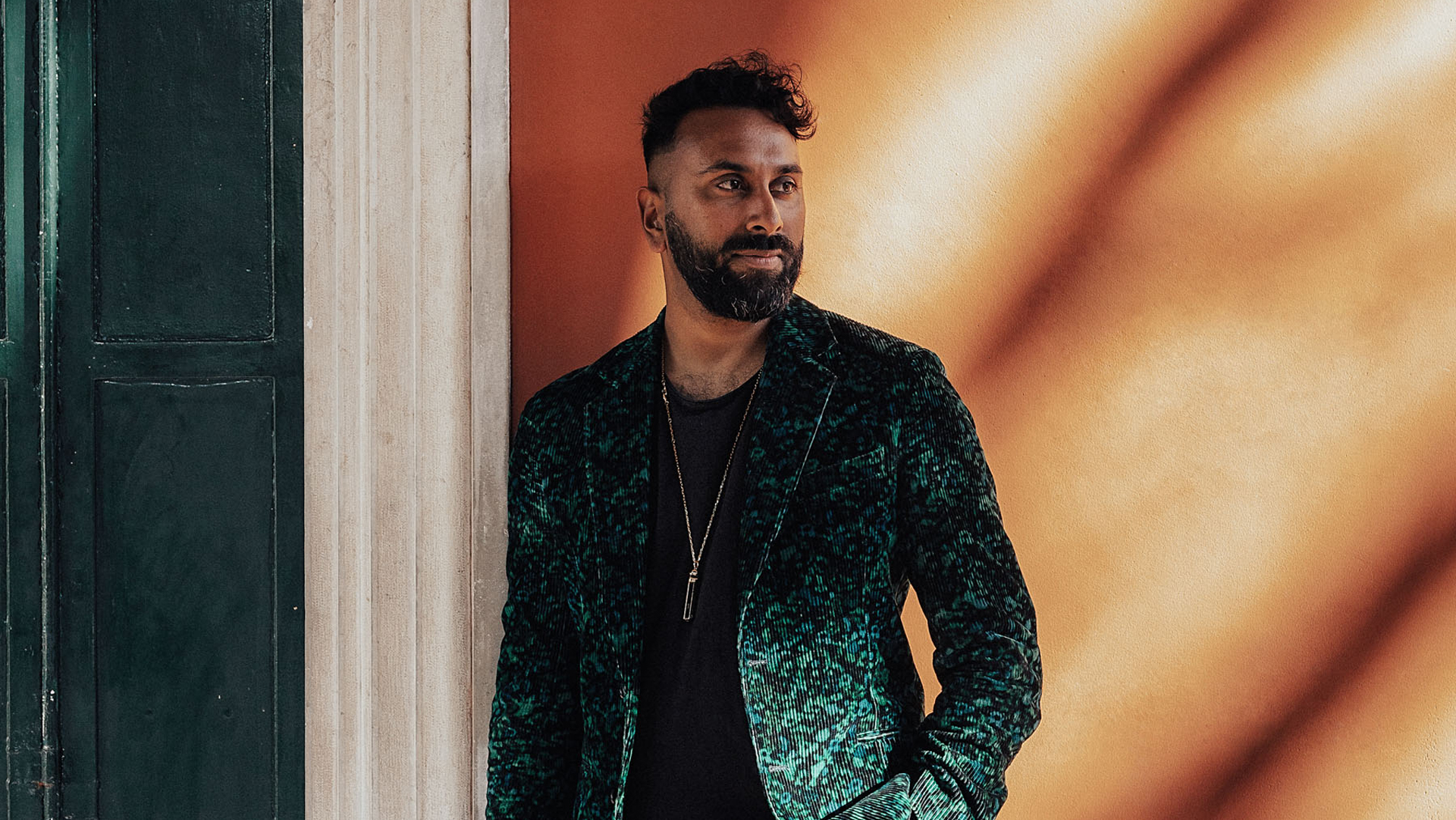
Daily design news, reviews, how-tos and more, as picked by the editors.
You are now subscribed
Your newsletter sign-up was successful
Want to add more newsletters?

Five times a week
CreativeBloq
Your daily dose of creative inspiration: unmissable art, design and tech news, reviews, expert commentary and buying advice.

Once a week
By Design
The design newsletter from Creative Bloq, bringing you the latest news and inspiration from the worlds of graphic design, branding, typography and more.

Once a week
State of the Art
Our digital art newsletter is your go-to source for the latest news, trends, and inspiration from the worlds of art, illustration, 3D modelling, game design, animation, and beyond.

Seasonal (around events)
Brand Impact Awards
Make an impression. Sign up to learn more about this prestigious award scheme, which celebrates the best of branding.
Pali Palavathanan is the co-founder and creative director of TEMPLO, an agency that focuses on creativity for change. TEMPLO's clients include The United Nations, Climate Change Committe and Greenpeace and Pali's work has won various awards. He has also judged various award schemes, including our very own Brand Impact Awards.
As part of our Day in the life series, I caught up with him recently to find out about what it's like running an agency, as well as how he vets his clients and what he does when facing creative block.
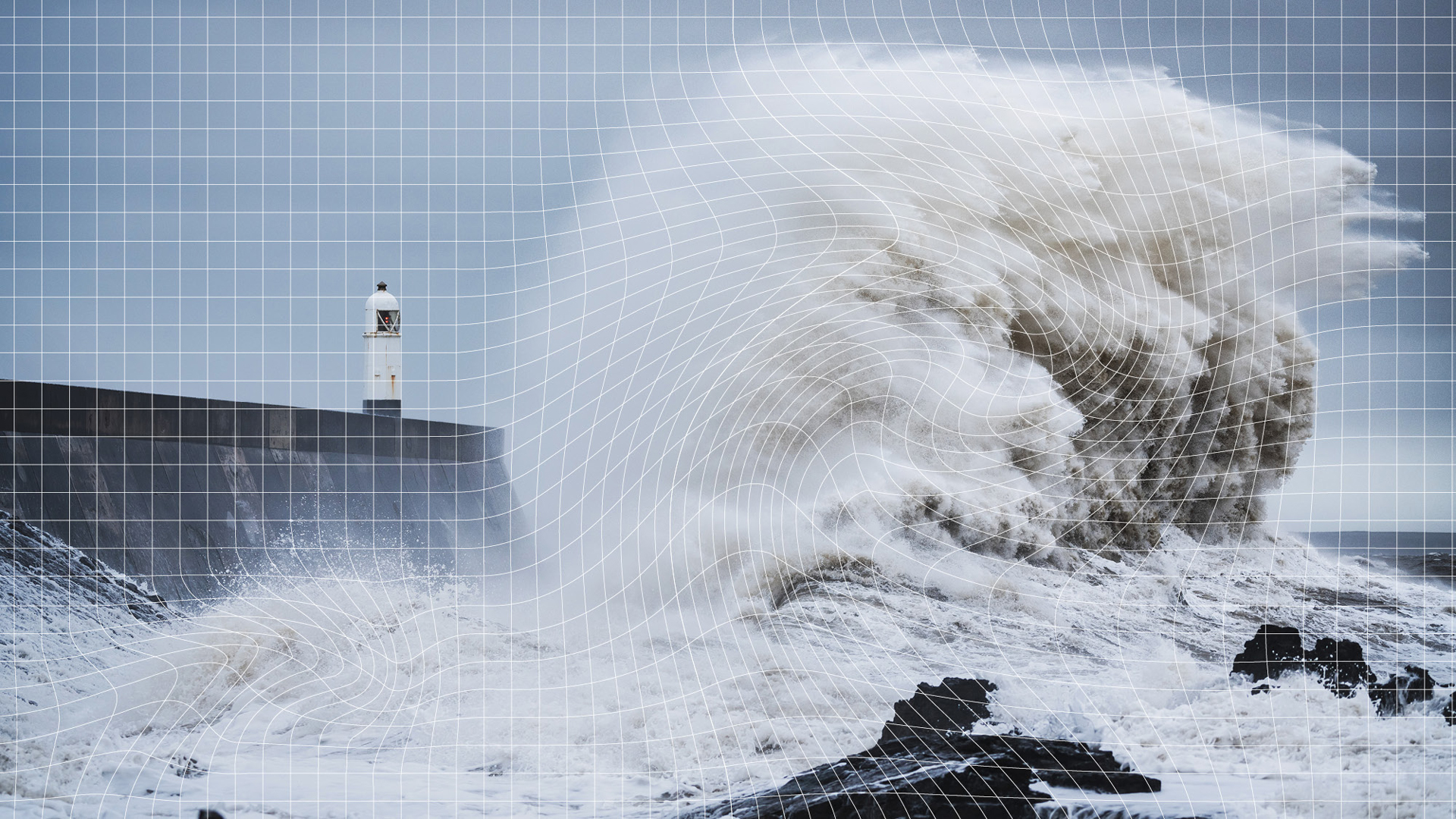
Tell me about a typical day in your role
It always starts with a walk to the studio, daily team catch ups first thing either in person or remotely, working with the creative team, allowing them enough creative freedom to express themselves and keeping the direction on point. There's also presentations of key design stages and attending meetings that require my eyes and ears. Then walk back home.
What first attracted you to design?
I love design's (especially branding) ability to cut through noise, connect lots of dots and communicate at speed. This coupled with my deep-rooted desire to amplify the unheard and the pursuit for absolute truth is why I feel design can be so effective.
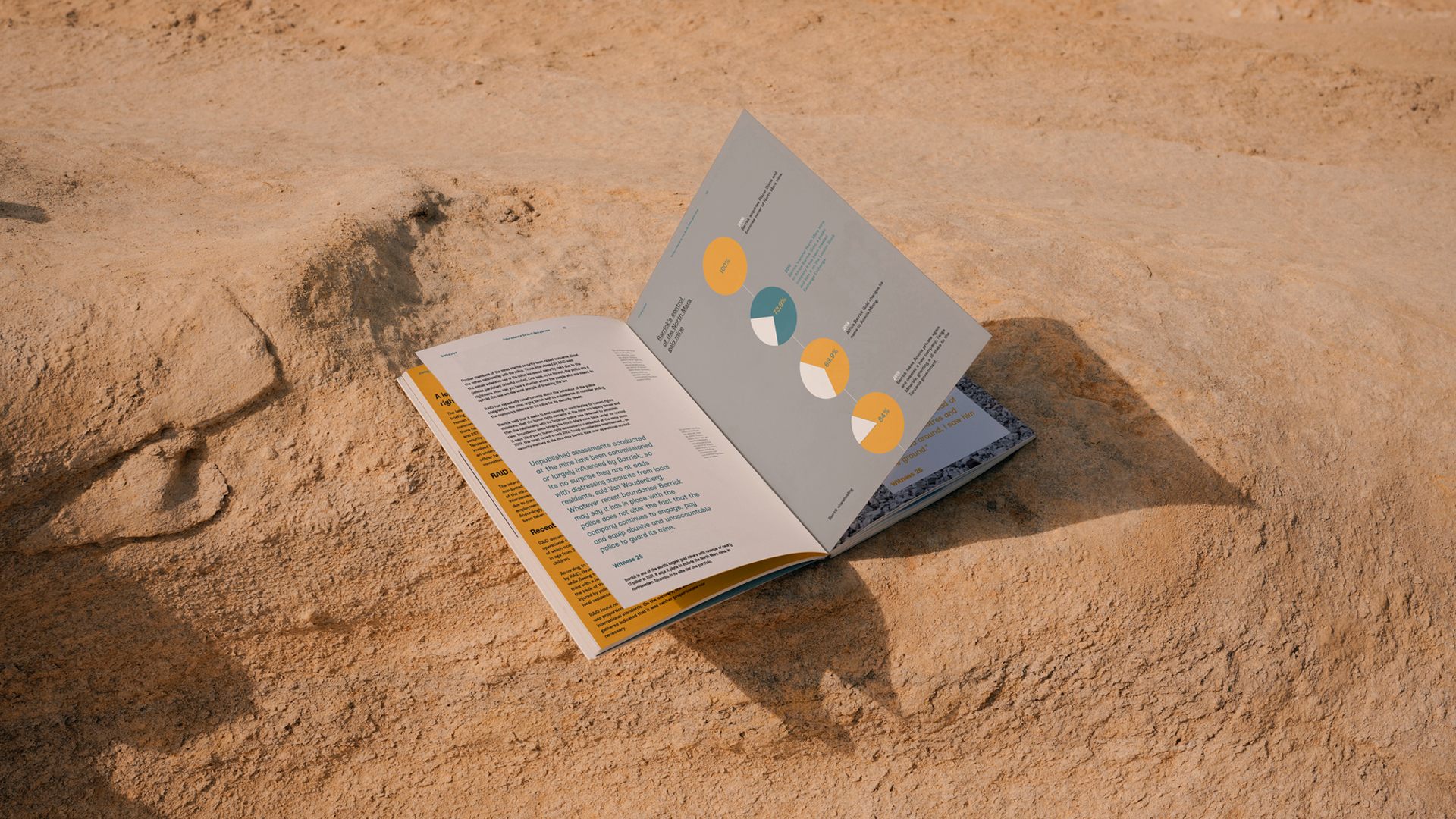
What was your early career like?
After a brief stint at IDEO enjoying the Silicon Valley work life, I chose to jump ship and learn the fundamental principles of branding at Johnson Banks under Michael Johnson, after almost a decade I then briefly freelanced at Wolff Ollins before setting up TEMPLO in 2013.
How has growing up as a refugee impacted your career/creative work?
My first encounter with charity was receiving charity as a child. Obviously this was the most challenging period of my life and I experienced first hand many interconnected global/societal issues such as migration, war, poverty, welfare, food stamps, food banks, council estates, access to education, economic and social disparity. As I emerged in the design industry, I had a great yearning to see if I could use my personal experiences to help amplify the voices and highlight the communities affected by all of these issues.
Which project are you the most proud of?
We're proud of our work in the human rights space but our rebrand for the Climate Change Committee probably stands out. We have some strong opinions of the climate change space and wanted to break the traditional way organisations in this space are perceived by avoiding cliches in colour and imagery treatment and steering clear of ideological driven narratives.
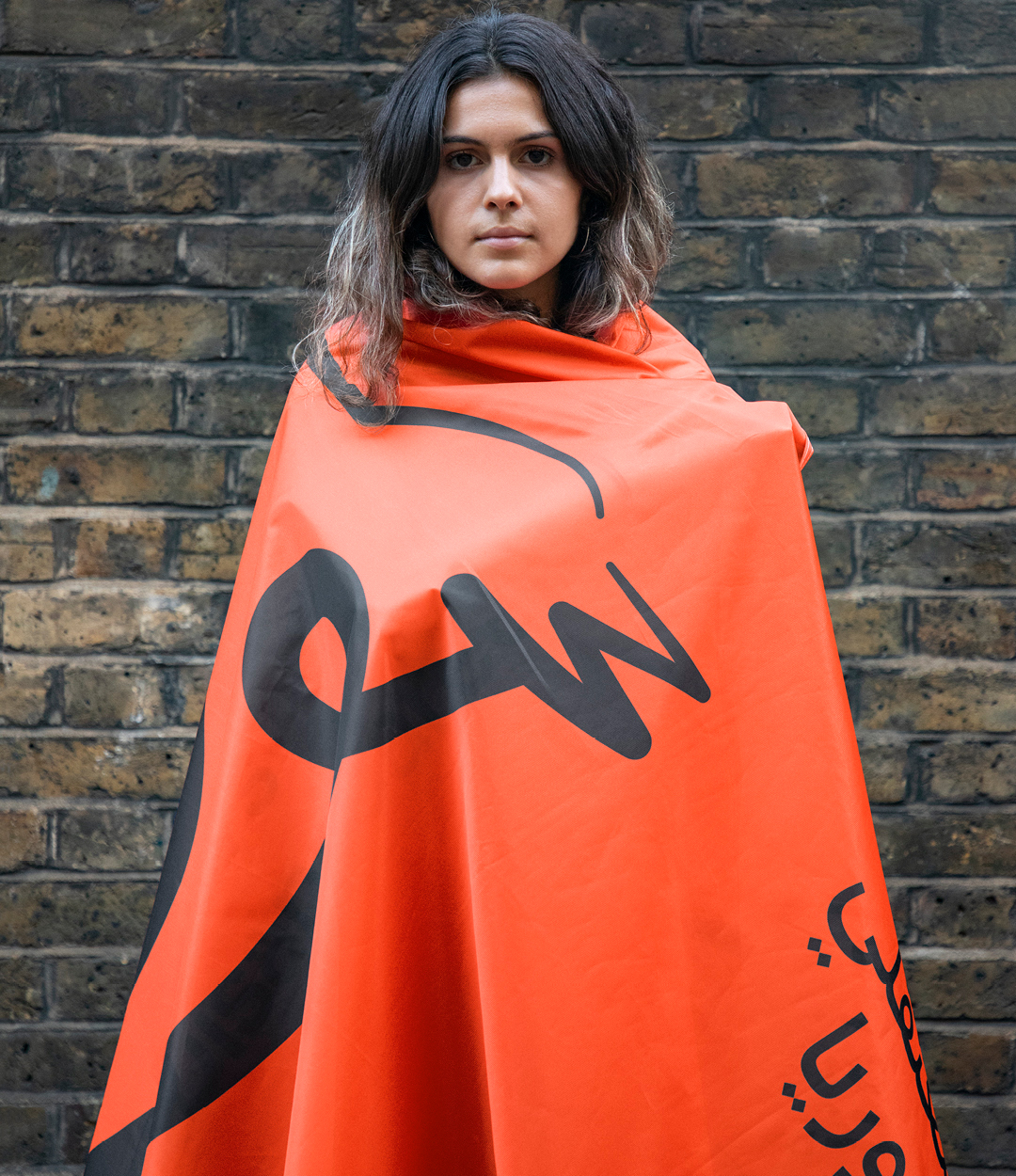
How do you think creativity can create change?
I alway say it's about longevity and demonstrating commitment beyond a brief, over a sustained period of time. In other words, staying with the cause.
Tell me about a tricky work-related challenge and how you approached it
One that always crops up is doing our due diligence on prospective clients who approach us. They have to align with our values and cannot contradict the work we have done or are working on. We once had to turn a seemingly 'good' client down because after digging into their account we realised they had an offshore shell company, which conflicts with our anti-corruption work.
What have you learned over 10 years of owning your own agency?
Great work is not good enough to survive. You need two sides of the same coin to have a successful agency. My co-founder is our managing director and makes sure the business itself runs efficiently and the relationships with clients need are nurtured. Above all it's important to have a strong conviction in your core values as an agency.
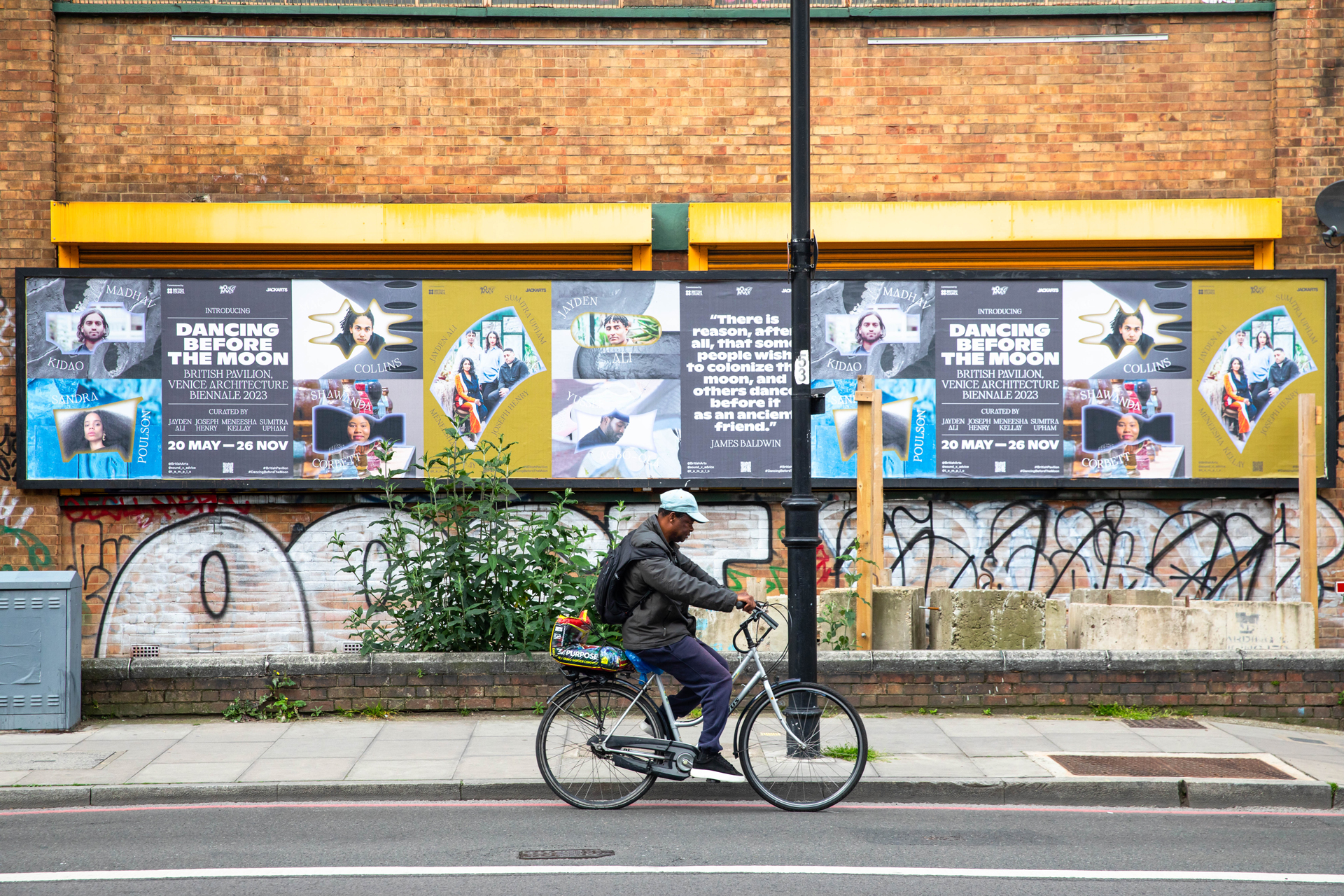
How inclusive is the design industry in 2024?
In terms of diversity, I've seen an improvement for sure in the general numbers of black and brown designers compared to when I entered the industry but there is still a drop in inclusivity when you get to senior leadership roles across the board. I experienced this myself when I reached a ceiling and was overlooked for leadership roles, which in a way pushed me to set up TEMPLO.
By having a lack of representation at senior leadership levels, this in turn leads to a lack of diversity in the boardrooms where the big decisions get made. This will only change if more black and brown designers take the plunge and force their way in to have a seat at the table.
What do you do when you get stuck for ideas?
My process alway involves long meandering walks through cities with no fixed direction in mind. There's something meditative about the act of movement, observing the chaos of the city and focusing on a problem that you're trying to solve.
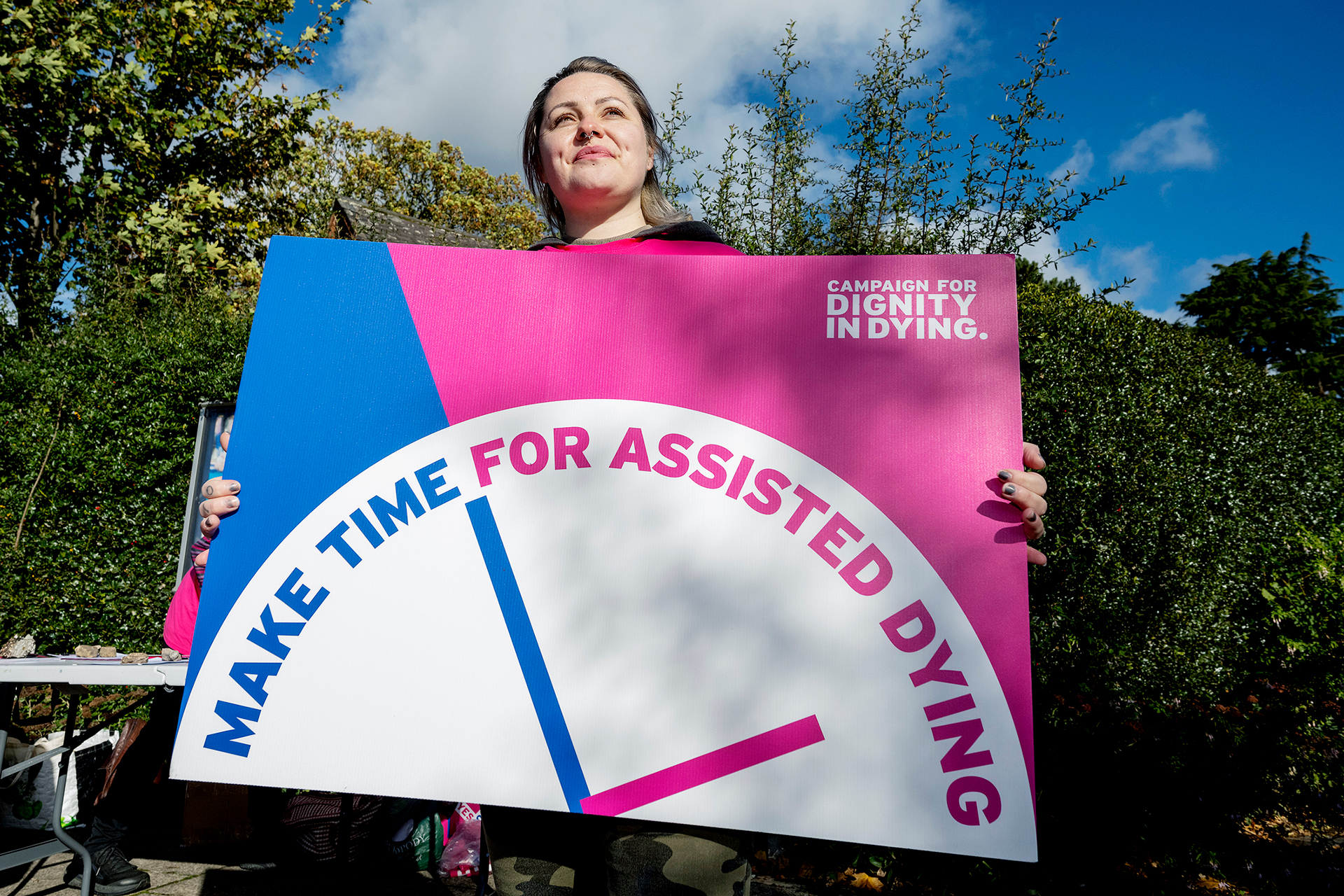
Who's your dream client?
When I started TEMPLO, I used to always write down on a piece of paper my dream clients and 9 times out of 10 this would come true, only to discover that they didn't match our ethos and outlook. So we chase causes, not specific clients.
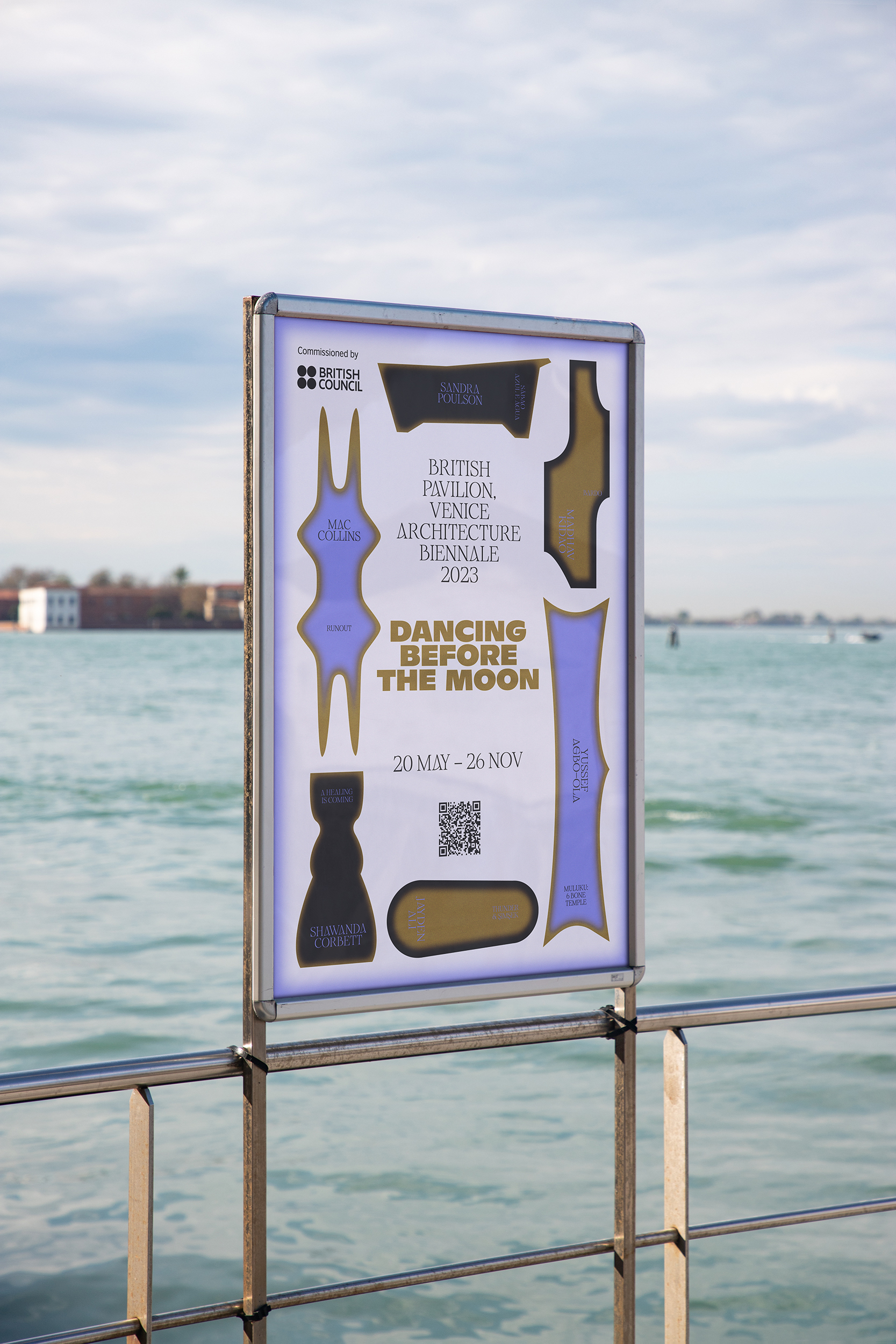
What career advice would you give your younger self?
To not conform to what the establishment wants. Have the confidence to champion your own story.
Find out more about TEMPLO
Daily design news, reviews, how-tos and more, as picked by the editors.
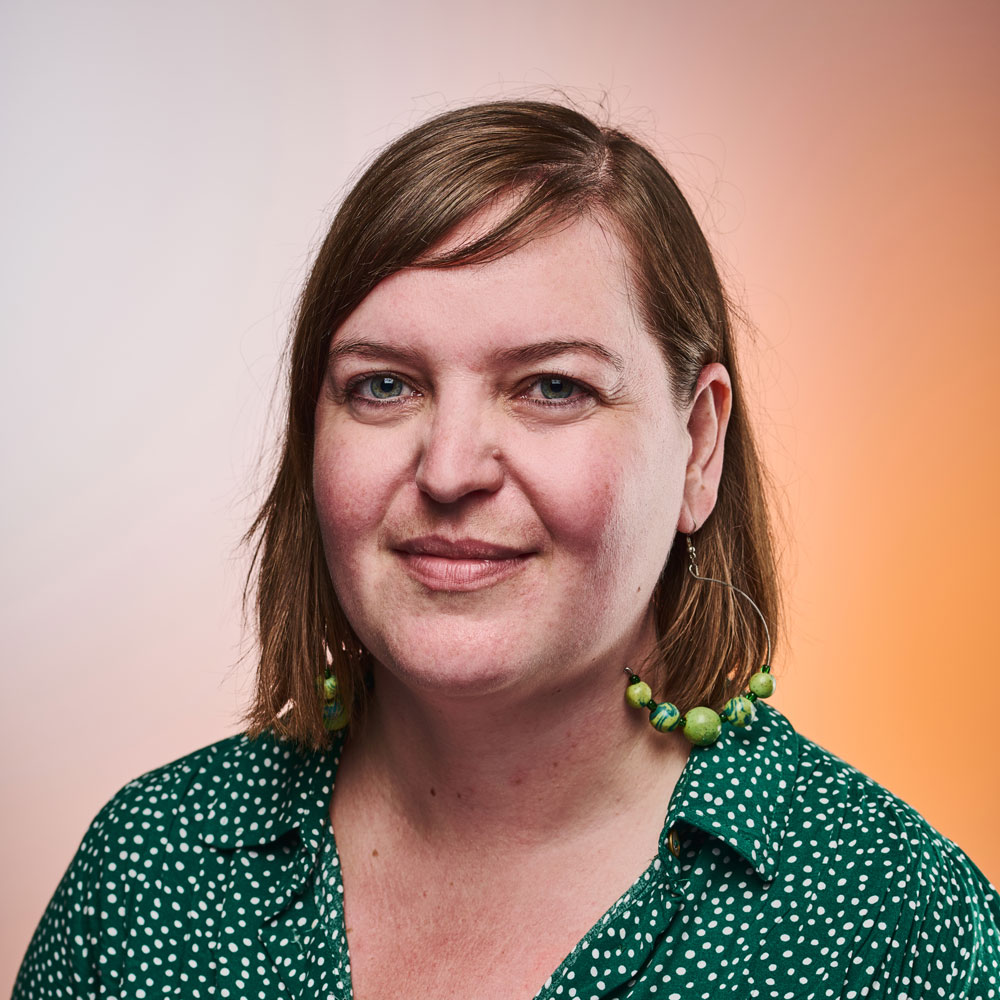
Rosie Hilder is Creative Bloq's Deputy Editor. After beginning her career in journalism in Argentina – where she worked as Deputy Editor of Time Out Buenos Aires – she moved back to the UK and joined Future Plc in 2016. Since then, she's worked as Operations Editor on magazines including Computer Arts, 3D World and Paint & Draw and Mac|Life. In 2018, she joined Creative Bloq, where she now assists with the daily management of the site, including growing the site's reach, getting involved in events, such as judging the Brand Impact Awards, and helping make sure our content serves the reader as best it can.
